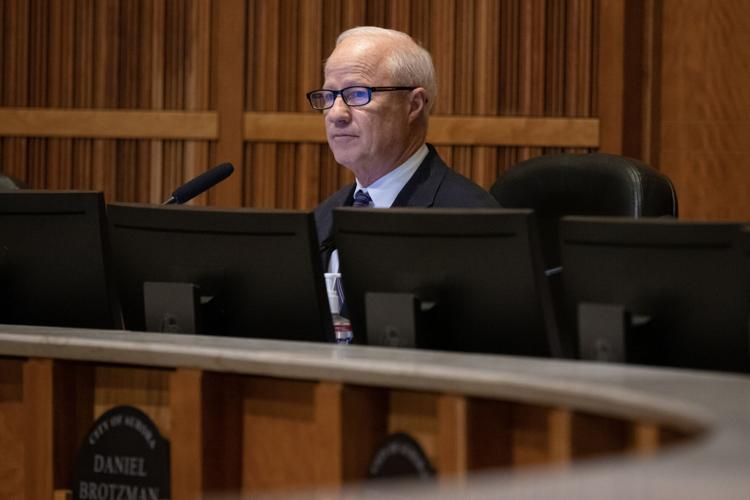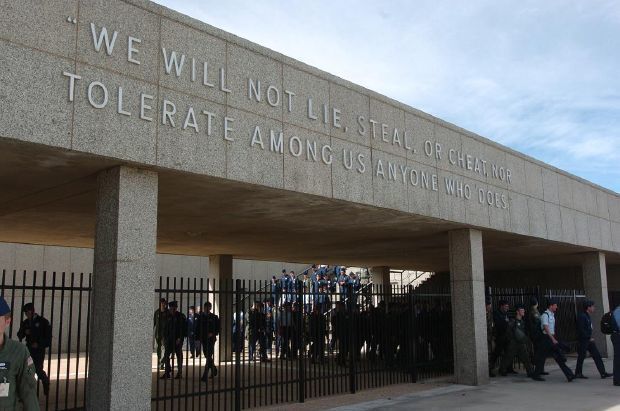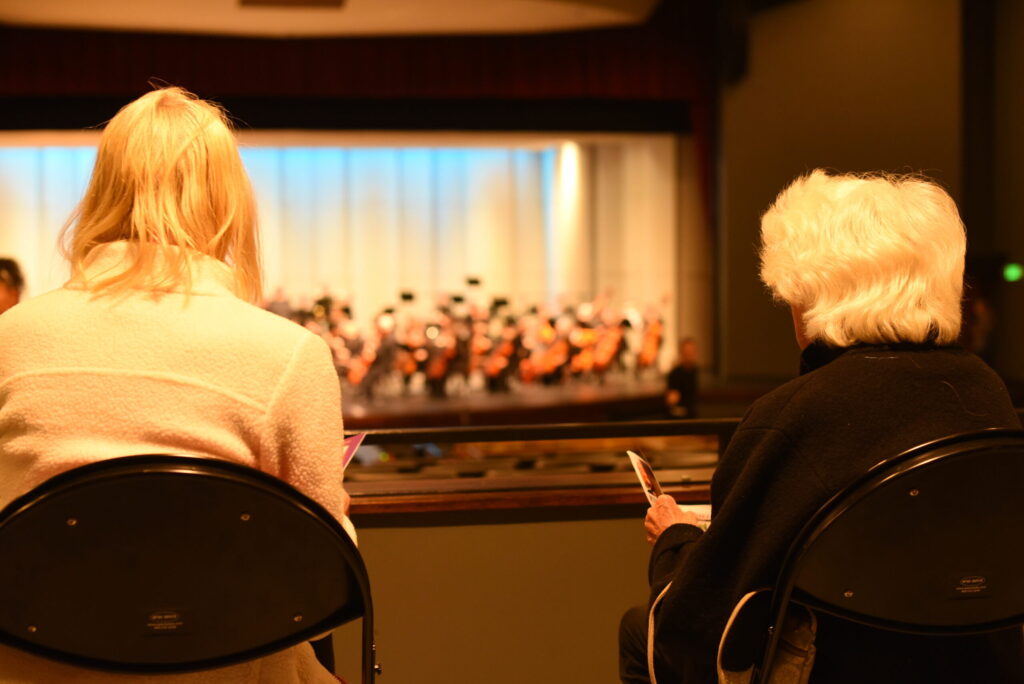Aurora council votes to fill homeless service provider funding gaps at quarterly workshop
While Aurora’s councilmembers held differing opinions on how to handle dollars for homeless service providers, they eventually agreed to allocate federal money to several organizations, bringing a few of them to flat funding.
The councilmembers, however, entirely cut funding to the Colorado Coalition for the Homeless.
Aurora’s policymaking body earlier delayed a decision on funding homeless service providers.
The debate about city funding for homeless service providers has been going on since city staffers recommended last year that the council cut or limit funds to several organizations that provide services to homeless people in Aurora following a dip in the local government’s revenues.
Specifically, Aurora saw a significant decrease in cannabis tax funds that support homeless service providers in the city.
Back in December, Councilmember Alison Coombs and Mayor Mike Coffman brought forth two different proposals.
Coombs asked the council to use American Rescue Plan Act dollars to fund homeless service providers at the same level they were funded in 2023, while other councilmembers disagreed.
Coffman tried to find a middle ground, proposing that council incrementally reduce funding to the organizations, rather than immediately implement full cuts.
The mayor brought the proposal back at the Saturday workshop, suggesting that councilmembers go down the list of providers they previously funded and then collectively decide which organizations they should fund fully, partially or not at all.
After going over the list, the council decided to provide APRA funding to Bridge House, Family Tree, Gateway Domestic Violence, Mile High Behavioral Healthcare’s Colfax Community Network, Salvation Army’s SOS Chambers and Peoria, and Restoration Christian Ministries.
They voted not to provide ARPA dollars to Aurora Housing Authority, Aurora Mental Health and Recovery, Colorado Coalition for the Homeless, Mile High Behavioral Healthcare Comitis Crisis Center or Aurora Day Resource Center.
Bridge House and Family Tree were both cut from all funding in the original staff proposals, which allocated marijuana tax funds. With the ARPA dollars, these organizations will see their funding go back up to flat funding from 2023 to 2024.
Restoration Christian Ministries and Salvation Army were both allocated cannabis sales tax dollar revenue in the original staff recommendations, but had both been cut some funding between 2023 and 2024. With the ARPA dollars, these organizations will also reach flat funding.
Overall, the funding adds up to just under $460,000 in ARPA funds to homeless service providers in the city.
The decision also finalized a total cut in funding to Colorado Coalition for the Homeless.
In total, with both marijuana tax revenue dollars and ARPA funds, the following organizations would receive these funding from the city:
-
Mile High Behavioral Healthcare – $1 million
-
Aurora Housing Authority – almost $300,000
-
Restoration Christian Ministries – $215,000
-
Salvation Army – about $230,000
-
Aurora Mental Health and Recovery – $120,000
-
Gateway Domestic Violence – $160,000
-
Colorado Safe Parking Initiative – $75,000
-
SungateKids – $17,000
-
Bridge House – $50,000
-
Family Tree – $98,000
-
Colorado Coalition for the Homeless – $0
Much of the decision on which organizations to provide money to using ARPA dollars had to do with services for families. It also had to do with the city’s recent move forward with its regional navigation campus project, which will be a “one-stop-shop” for homelessness services.
Since the navigation campus — which will run by early 2025 — won’t be providing support for families, Coombs suggested allocating extra funding to organizations in Aurora that help families, including Family Tree, Colfax Community Network and Gateway.
Councilmembers agreed, allocating funding to the three organizations and citing their emphasis on helping families.
City staffers said the city will likely stop funding some of the providers when the navigation campus opens, moving that money instead to operating it.
















